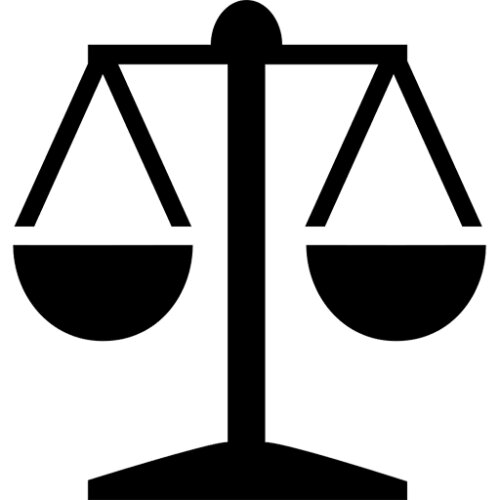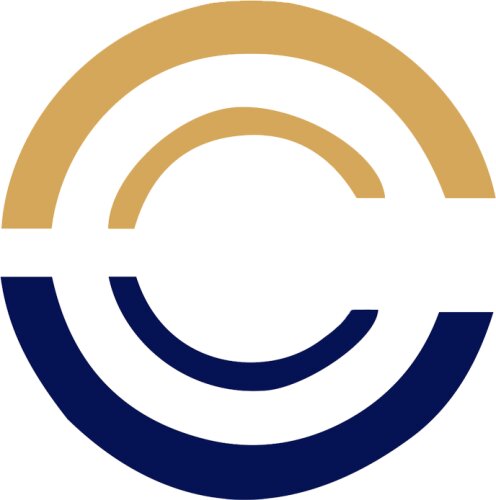Best Antitrust Litigation Lawyers in Nice
Share your needs with us, get contacted by law firms.
Free. Takes 2 min.
List of the best lawyers in Nice, France
About Antitrust Litigation Law in Nice, France
Antitrust litigation refers to legal actions involving violations of competition laws that are designed to protect market fairness and prevent anti-competitive practices. In France, including Nice, these laws are intended to prohibit monopolies, cartels, price-fixing, market sharing, and abuse of dominant positions that can harm consumers or other businesses. Antitrust cases in Nice are governed by both French national law and European Union regulations, ensuring a harmonized approach across the European market. Disputes or investigations can arise from business practices at the local, national, or international level.
Why You May Need a Lawyer
Legal assistance is often essential in antitrust litigation due to the complex nature of competition law and the serious consequences of violations. Some common situations where legal help is required include:
- You believe a competitor is engaging in anti-competitive practices such as price-fixing, bid-rigging, or forming a cartel.
- Your business is being investigated by French or EU authorities for suspected violations of competition law.
- You have been accused of abusing a dominant position in the market or restricting competition unfairly.
- You are seeking damages due to losses suffered from another company’s anti-competitive behavior.
- You need guidance on compliance with local or EU competition laws to prevent future legal issues.
- You are participating in a merger or acquisition that requires clearance from competition authorities.
Local Laws Overview
Antitrust and competition laws in Nice follow both French and European frameworks. The French Commercial Code (Code de commerce), especially Articles L420-1 to L420-7, addresses anti-competitive agreements, concerted practices, and abuse of dominance. The French Competition Authority (Autorité de la concurrence) is responsible for investigating and enforcing these laws. Additionally, the European Commission enforces competition regulations that apply when activities affect trade between EU member states.
Key points include:
- Cartels and illegal agreements between businesses are strictly prohibited.
- Abuse of dominant market positions, such as imposing unfair trading conditions, is not allowed.
- Competition authorities can investigate suspected infringements and impose significant fines.
- Private parties can also seek compensation through civil courts if harmed by anti-competitive acts.
- Certain mergers and acquisitions must receive clearance from competition authorities before they can proceed.
Frequently Asked Questions
What is considered anti-competitive behavior in Nice, France?
Anti-competitive behavior includes practices like price-fixing, market division, bid-rigging, or abusing a dominant position to exclude competitors or exploit consumers.
Who enforces antitrust laws in Nice?
The French Competition Authority (Autorité de la concurrence) and the European Commission are responsible for the enforcement of competition laws in Nice.
What are the penalties for breaching antitrust laws?
Penalties may include large fines, orders to cease illegal activities, and, in some cases, criminal sanctions. Companies may also be required to pay damages to affected parties.
Can individuals or companies initiate a lawsuit for antitrust violations?
Yes, people or businesses harmed by anti-competitive practices can bring civil actions to seek compensation for damages suffered.
How are antitrust investigations carried out in France?
Investigations may include dawn raids, requests for documentation, interviews, and audits by the competition authorities. Companies are obligated to cooperate fully.
Are EU competition rules relevant in Nice?
Yes, if business practices affect trade between member states, EU competition rules apply alongside French law.
What should I do if my company is being investigated?
You should seek immediate legal advice from a lawyer experienced in antitrust matters to protect your rights and ensure compliance during the investigation.
Can companies defend themselves against antitrust allegations?
Yes, companies have the right to defend themselves during investigations and court proceedings, including presenting evidence, arguments, and appealing decisions when appropriate.
What is a leniency program?
A leniency program allows companies or individuals involved in a cartel to report it to competition authorities voluntarily in exchange for reduced penalties.
How can a lawyer help with antitrust compliance?
A lawyer can review your business practices, provide compliance training, and advise on legal requirements to help prevent breaches of competition law.
Additional Resources
For more information or support in antitrust litigation in Nice, the following organizations and resources may be helpful:
- Autorité de la concurrence (French Competition Authority)
- Ministère de l'Économie, des Finances et de la Souveraineté industrielle et numérique
- European Commission - Directorate-General for Competition
- Local Bar Association (Ordre des Avocats) in Nice
- Chamber of Commerce and Industry of Nice Côte d’Azur
- Private legal practices specializing in competition law
Next Steps
If you believe you are involved in or affected by antitrust issues in Nice, it is important to act promptly. You should:
- Gather all relevant documentation and communications regarding the suspected anti-competitive conduct.
- Contact a qualified lawyer or legal firm experienced in antitrust and competition law.
- Schedule a consultation to discuss your situation in detail and receive tailored legal advice.
- Follow your lawyer’s guidance regarding compliance, negotiations with authorities, potential litigation, or settlement options.
- Stay informed about your rights and obligations under local and EU competition laws to prevent future legal issues.
Seeking professional legal advice early can significantly improve your chances of a positive outcome in antitrust litigation and help safeguard your business interests.
Lawzana helps you find the best lawyers and law firms in Nice through a curated and pre-screened list of qualified legal professionals. Our platform offers rankings and detailed profiles of attorneys and law firms, allowing you to compare based on practice areas, including Antitrust Litigation, experience, and client feedback.
Each profile includes a description of the firm's areas of practice, client reviews, team members and partners, year of establishment, spoken languages, office locations, contact information, social media presence, and any published articles or resources. Most firms on our platform speak English and are experienced in both local and international legal matters.
Get a quote from top-rated law firms in Nice, France — quickly, securely, and without unnecessary hassle.
Disclaimer:
The information provided on this page is for general informational purposes only and does not constitute legal advice. While we strive to ensure the accuracy and relevance of the content, legal information may change over time, and interpretations of the law can vary. You should always consult with a qualified legal professional for advice specific to your situation.
We disclaim all liability for actions taken or not taken based on the content of this page. If you believe any information is incorrect or outdated, please contact us, and we will review and update it where appropriate.













